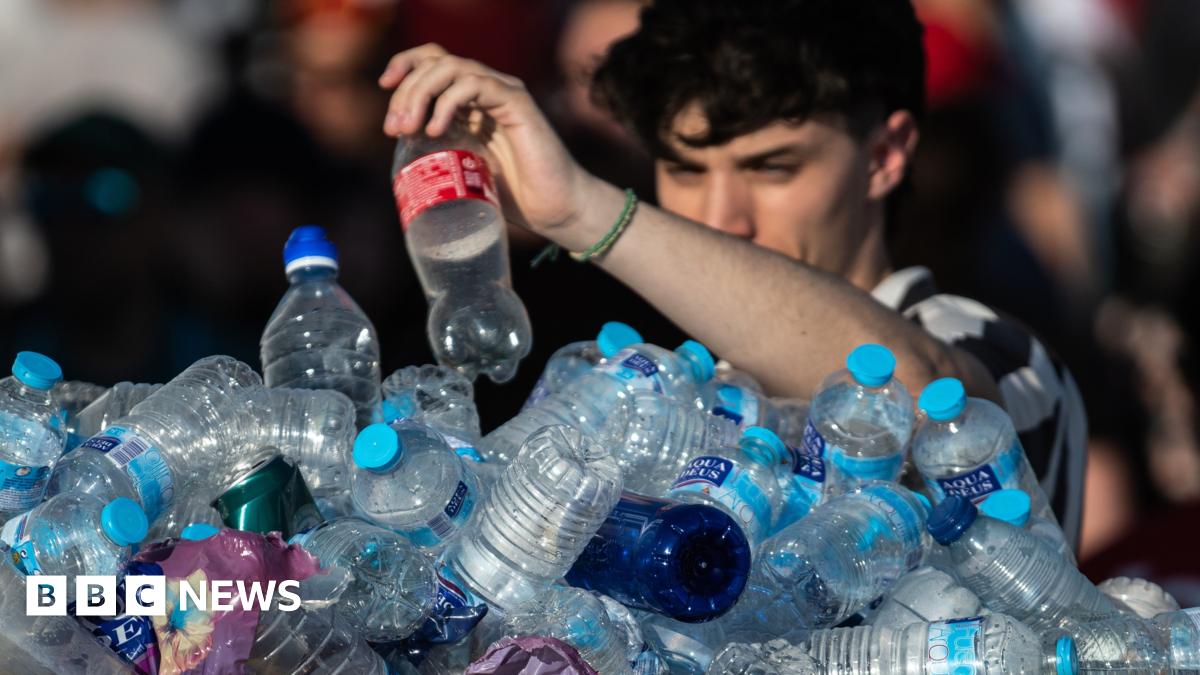In the plastic recycling industry, the casualties keep coming.
Waste management company Biffa’s Sunderland plant closed in February after opening in 2022 at a cost of £7m, while rival Viridor closed its Avonmouth plant in 2022, Skelmersdale in 2023 and confirmed this summer that its Rochester plant would close, too.
Like falling dominoes, plastic recycling plant closures have been endemic across Europe too: another big name, Veolia, will close its two German operations this year, while seven plastic recyclers closed in the Netherlands last year.
Meanwhile, companies Borealis, Dow and Nester have all dropped plans, external to construct new plastic recycling plants in Europe.
Industry body Plastic Recyclers Europe equates this to the loss of nearly one million tonnes, external of plastic recycling capacity since 2023.
“Without decisive political action, Europe will replace its recycling industry with dependency on unsustainable imports and growing volumes of waste, undermining both its economic resilience and its climate leadership,” the organisation told the BBC in a statement.
And more closures are likely, warns James McLeary, managing director for Biffa’s polymers division, as the industry here and in Europe faces its most challenging year yet. High energy and labour costs here are two factors, in parallel with the fact that sourcing virgin and recycled plastic from Asia, external is currently cheaper than buying European recycled plastic.
Plastic recycling plant closures are affecting the US as well, external, also prompted by the low price of virgin plastic, causing the country to miss its recycled content targets, as S&P Global reports, external.
“There’s a big global dependence building on Asian plants, and we then have the situation where (plant operators in the UK and Europe) are going to make very tough decisions. Either they run their plants at a point where they’re literally not making anything, or they decide to close,” explains Mr McLeary, who is based in County Durham.
